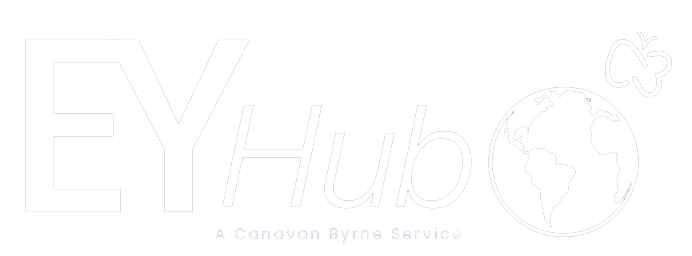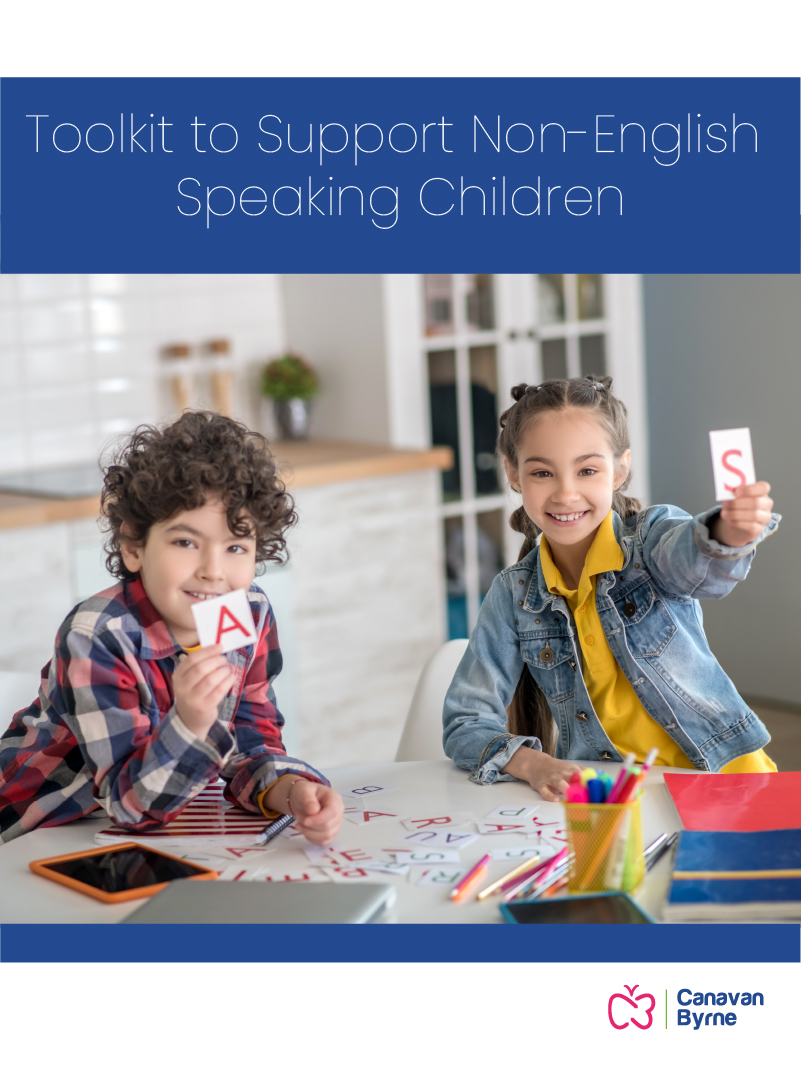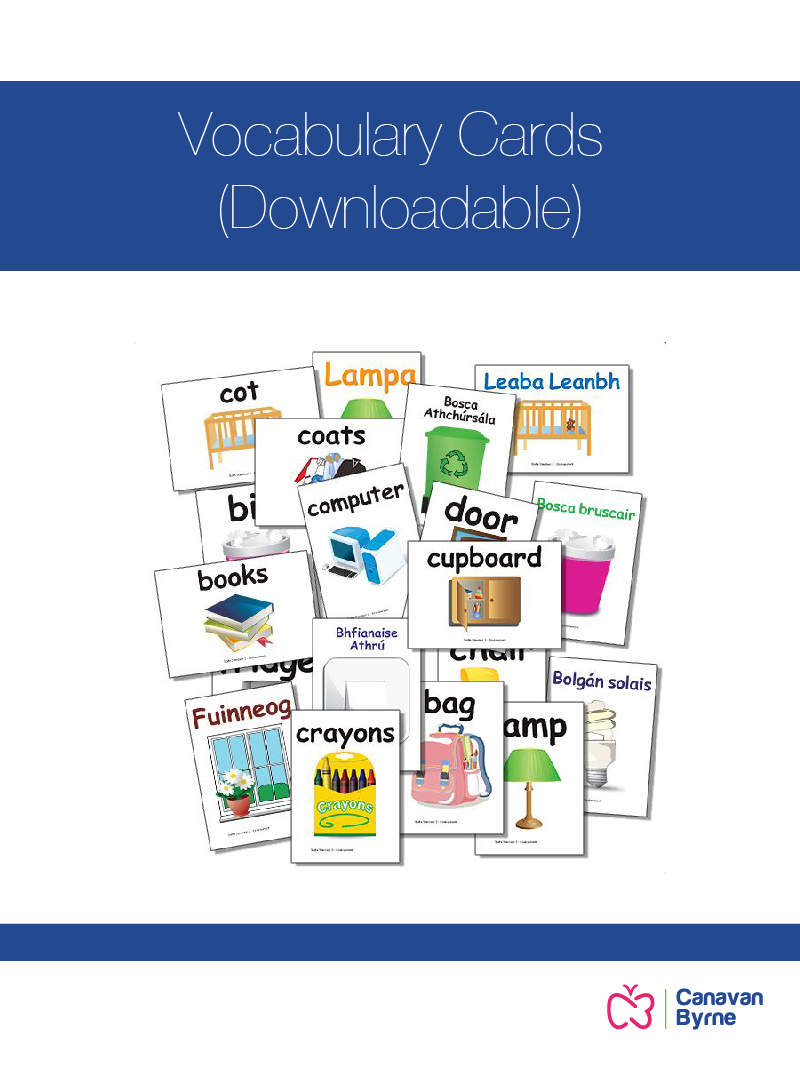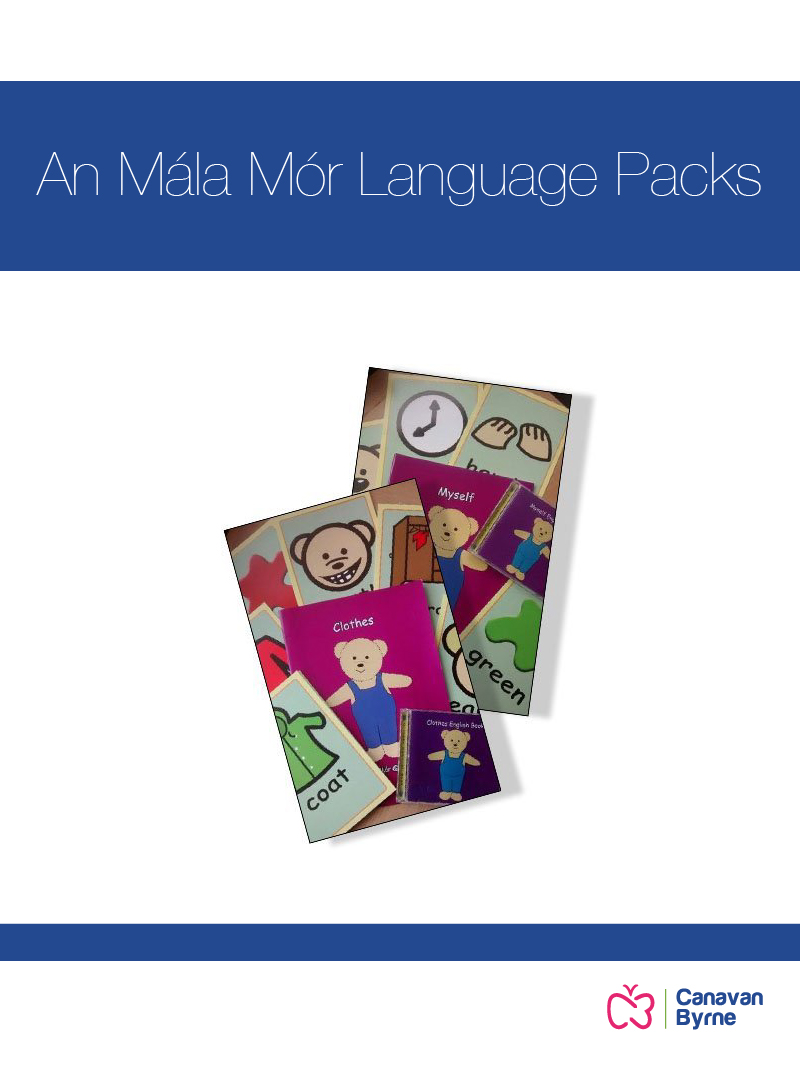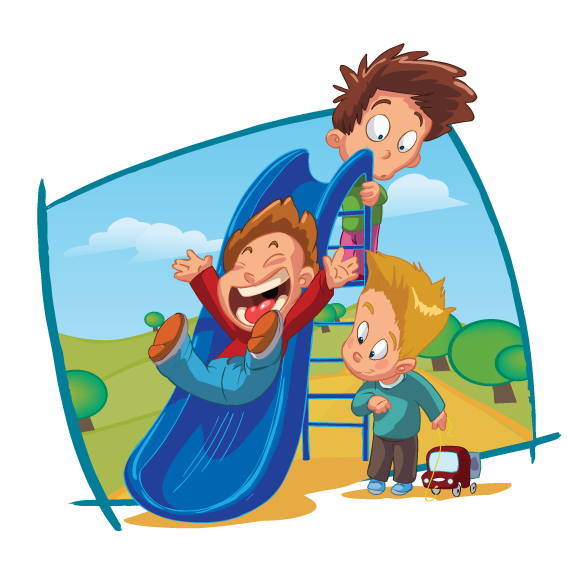Children and families who have moved to Ireland including refugee families are a part of many early years settings' communities, and they bring rich cultural experiences to the learning programmes. It is important that early childhood educators create inclusive and nurturing classroom environments especially for children who may be experiencing the emotional and social impact of moving to a new home and now a new preschool. It is very important that educators create a play experience that does not require English through the use of imagery and well-planned games and activities. This will result in children beginning to learn the language and develop English as their second language.
Many children will start your service with English as their second language. The children have been at home for the first few years listening to and communicating in their first language and it is very possible that they may have had very little or no exposure to the English language during this time. Starting preschool is a big milestone in a child’s life and possibly the first time away from their parents for prolonged periods of time. Now consider children who come from a home where English is not the first language and it may seem a bit more daunting for them starting in an Early Years Setting. Along with settling in and getting used to a new routine away from their parents the child is placed in an environment where they won’t understand the spoken language and nobody will understand their spoken language. It is therefore very important that the children get the support they may need as they start learning a new language.
Children learn language as they play and interact with the people in their lives on a daily basis. When caregivers respond to the children during these times the children feel connected and their confidence increases. This motivates the child to continue to interact and in turn they begin to learn a new language. You may already be doing many activities in the class that will aid children who are learning English as an additional language as many of the activities done in an Early Years Setting are done without many words and this will be a great start for the children. If, however, you need more guidance and information on how to support children who are learning English as an additional language then check out this great new Learning English Toolkit, now available on the Early Years Shop. This toolkit has been created by the very talented team at Canavan Byrne with the aim to support and guide Early Years Services who have children learning English as an additional language by providing the following;
- An understanding of the different stages of new language development.
- Communication strategies and tips to support children with the different stages of new language development.
- Activities to engage and support children with new language development
- A toolkit of practical resources to use in Early Years Services with children learning a new language.
The toolkit also comes with a large range of downloadable communication cards, with and without English words. Download, print and laminate to enhance your ability to engage and communicate with children as they learn English. These cards are also great for children with more advanced English language skills for games and discussion. They include:
- Vocabulary cards in a number of different areas
- ‘Want to Play’ cards to help communicate what the child wants to do
- Numbers, Letters, Colours, Shapes
- Activity Cards
Remember any activity is an opportunity to learn language and variety is key to keep children engaged. You will have the tools and resources to build the child’s second language skills so follow the child’s lead and have fun!
